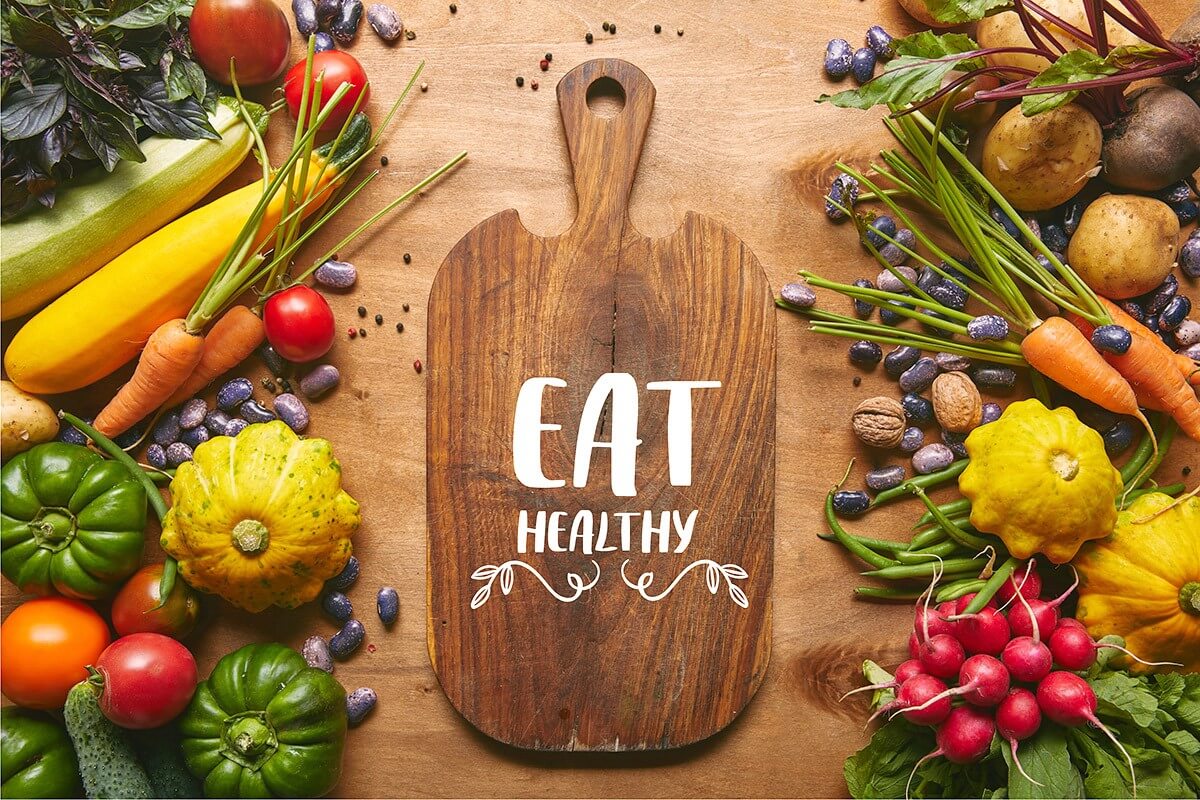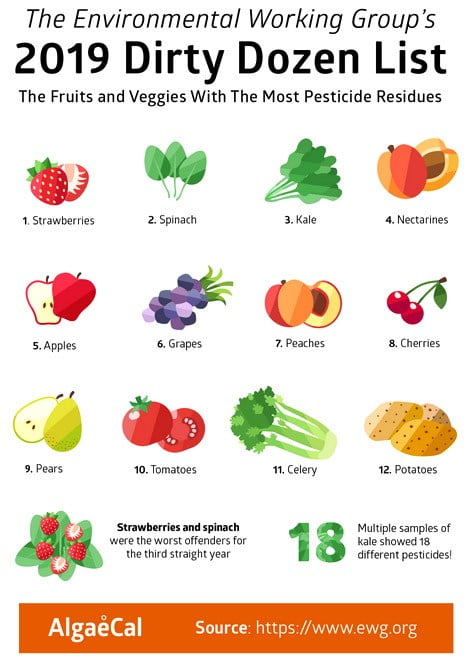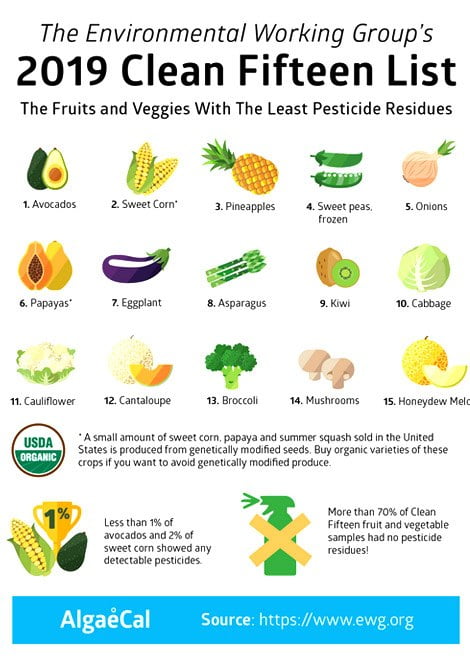

28
Oct
Why are organic fruits and vegetables important?

We all have our favorite fruits and vegetables!
Most people do not eat organic because of the added cost of these items. They end up eating non-organic produce. The question is can we afford to not eat well? How important is it really? Does it really make a difference?
We must first understand what organic is
What is organic farming? The word “organic”” refers to the way in which farmers grow and process food. Organic farming is designed to enhance both soil and water quality as well as reduce pollution. Some ways in which this is done include leaving plant waste on fields, rotating plants in order to preserve soil quality, and using mulch and specific natural pesticides in order to preserve the integrity of the crop.
Organic farmers do not use chemical fertilizers, artificial agents, synthetic pesticides or sewage sludge as fertilizer. Most synthetic pesticides are used to eradicate and eliminate disease or pests. The use of the agents listed above can lead to many different health issues.
The US Department of Agriculture has established an organic certification program that requires all organic foods to meet strict government standards. These standards regulate how these foods are grown, handled and processed.
Is organic food safer and more nutritious? Yes! There is evidence that shows the potential health benefits of organic food are much higher when compared to conventionally grown crops. Organic foods are far richer in nutrients, such as vitamin C, iron, magnesium, and phosphorus.
Can organic foods can still have trace amounts of pesticide residue? Unfortunately, yes. While organic crops are not grown with synthetic pesticides, natural pesticides may be used. Furthermore synthetic pesticides have the capability to become airborne and end up on organic produce.

To be safe, you should always make sure to wash your produce thoroughly under running water, even if it is organic. Washing helps remove dirt, bacteria, and trace amounts of chemicals from the surface of produce. One can also discard the outer leaves of vegetables to reduce contaminants, furthermore peeling your fruits and vegetables can also help to remove contaminants, but also has the potential to remove nutrients.
Have you ever heard of the Dirty Dozen? Every year the Environmental Working Group (EWG) publishes a list of the “Dirty Dozen.” The “Dirty Dozen” is a list of fruits and vegetables that contain the highest levels of synthetic pesticides when grown conventionally. These fruits and vegetables would be the worst offenders for synthetic pesticides. If you can only buy some of your produce organically, make sure to follow the list!
Here is the list:
- Strawberries (number one for the third year in a row!!)
- Spinach
- Kale (first time on the list in a decade)
- Nectarines
- Apples
- Grapes
- Peaches
- Cherries
- Pears
- Tomatoes
- Celery
- Potatoes

If you are concerned about pesticides, the EWG also publishes a list of the “Clean 15.” These are fruits and vegetables that typically have been found to have less residue. If you are trying to stick to a budget, these would be the ones to buy non-organic:
- Avocados
- Sweet Corn
- Pineapples
- Sweet Peas (frozen)
- Onions
- Papayas
- Eggplants
- Asparagus
- Kiwis
- Cabbages
- Cauliflower
- Cantaloupes
- Broccoli
- Mushrooms
- Honeydew Melons

Eat some fruit and lots of vegetables as these powerhouses are great for you! They can help with weight management and lowering long-term chronic disease risks, just to name a few things. They also contain lots of fiber, potassium, calcium, magnesium and lots of minerals.
Enjoy the bounty of delicious fruits and vegetables!
